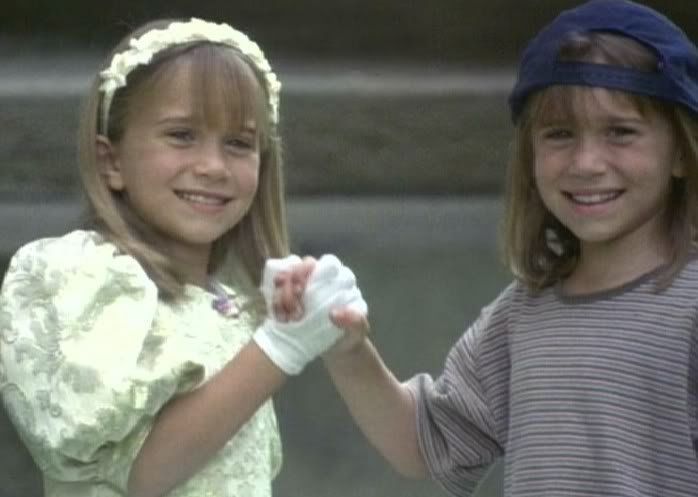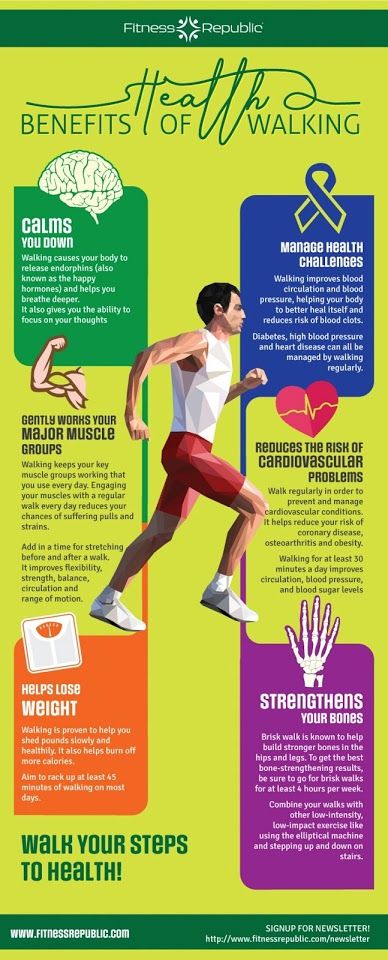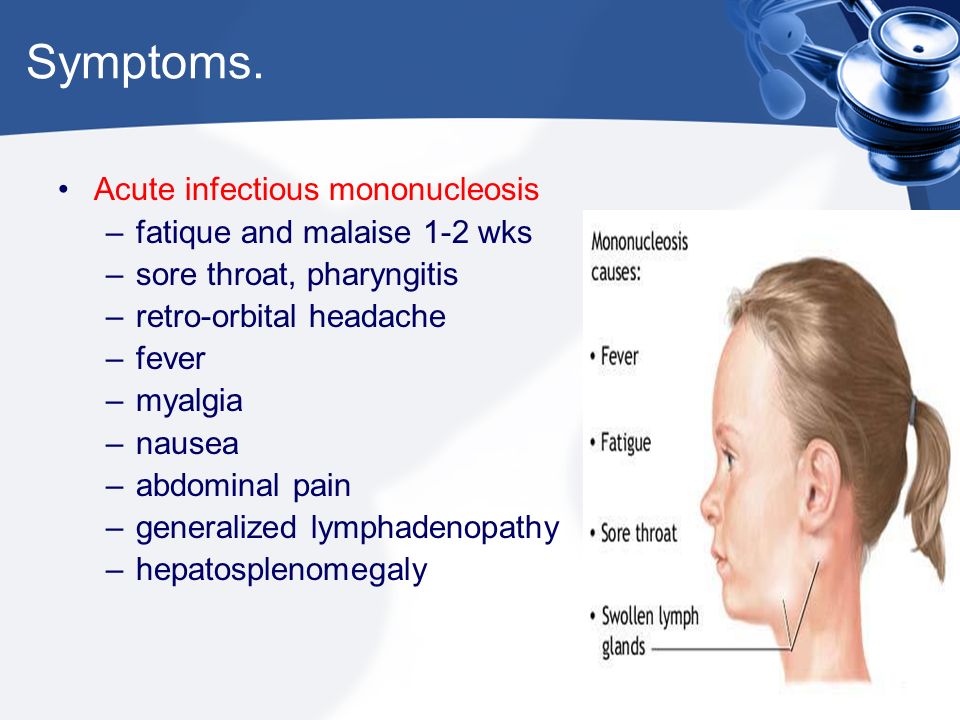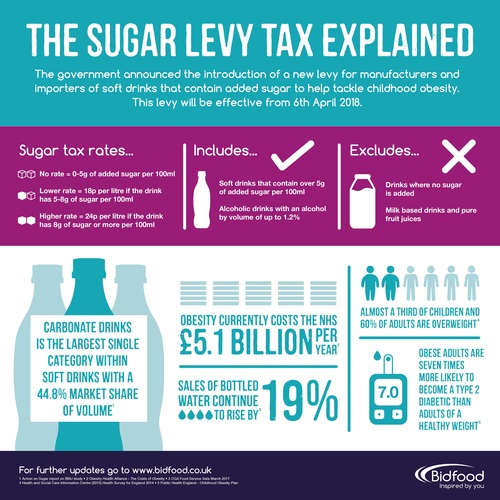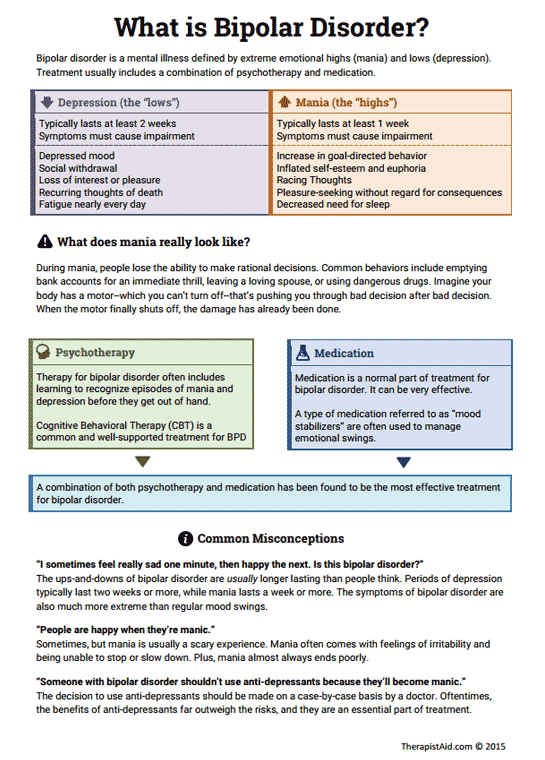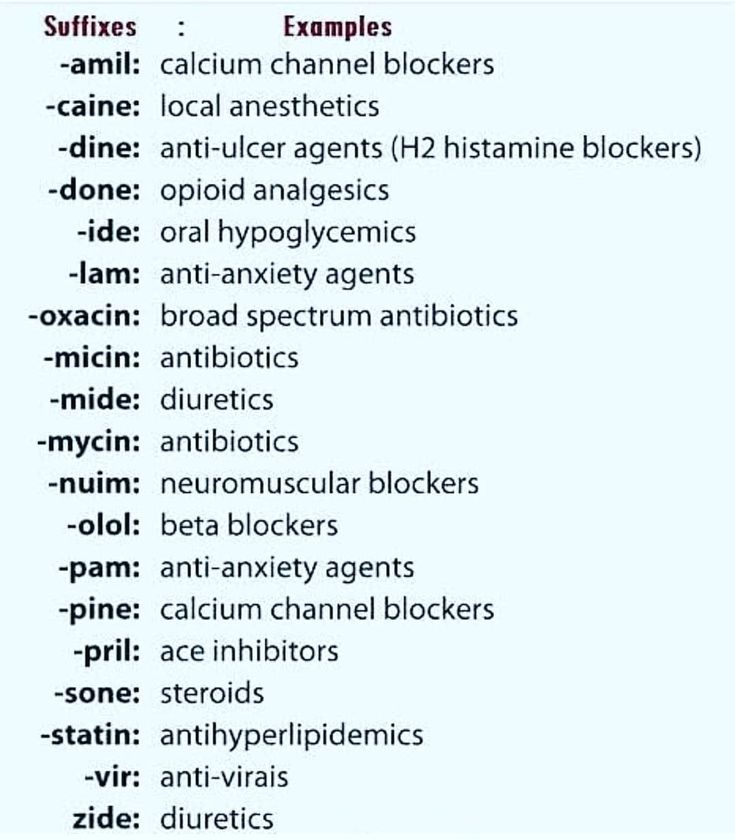How to get out of a codependent relationship
Breaking Up Is Hard to Do (Especially if You Are Codependent)
Posted on by Sharon Martin, LCSW
Have you broken up with your significant other, but can’t seem to completely let go?
Are you struggling to end an on-again-off-again relationship once and for all?
Are you trying to figure out how to move on from a codependent relationship?
It’s normal to feel conflicted about whether you should end a relationship — whether it’s a romantic relationship, friendship, or with a family member. And, it’s also normal to feel sad and angry (and lots of other feelings) when a relationship ends. Grieving the loss of a relationship and healing is always difficult.
Codependents often have a particularly difficult time moving on after a break-up or the end of a relationship. Even when you know it was a dysfunctional or unhealthy relationship, you can’t seem to let go and move forward with your life. You find yourself stuck – not really in a relationship, but not emotionally free either.
You might find yourself doing some of these things:
- Frequently texting, calling, or emailing your ex*
- Seeking information (maybe on social media or from mutual friends) about your ex
- Spending inordinate amounts of time thinking about or worrying about your ex
- Being “on call” for emergencies and rescuing your ex from his or her poor decisions
- Over-analyzing the relationship
- Fantasizing about getting back together or thinking about only the good parts of the relationship
- Feeling jealous that your ex has moved on
- Creating a crisis to get your ex’s attention
- Having trouble maintaining boundaries when your ex reaches out to you
Ending a codependent relationship — why it’s so hard
Let’s first get clear about what codependency is and isn’t. Codependency is a group of traits or a way of relating to ourselves and others. Some of the most common characteristics of codependency are people-pleasing, low self-esteem, fear of abandonment, difficulty trusting, poor boundaries, caretaking or rescuing, wanting to feel in control, anxiety and obsessive thoughts (find out more here). These traits develop in childhood, generally as a result of trauma and dysfunctional family dynamics. We then carry these traits with us into adulthood and they often negatively impact our romantic and other relationships.
Some of the most common characteristics of codependency are people-pleasing, low self-esteem, fear of abandonment, difficulty trusting, poor boundaries, caretaking or rescuing, wanting to feel in control, anxiety and obsessive thoughts (find out more here). These traits develop in childhood, generally as a result of trauma and dysfunctional family dynamics. We then carry these traits with us into adulthood and they often negatively impact our romantic and other relationships.
One of the ways codependency impacts us as adults, is our difficulty separating ourselves from dysfunctional or toxic people. We often stay way too long in dysfunctional relationships; we stay even when we’re being hurt emotionally or physically and there’s no indication that the relationship can meet our needs. We continue to think we can change our partner and make him into something he’s not. We don’t want to give up. We don’t want to fail at another relationship. And we don’t want to be alone.
Break-ups are also hard for codependents because they can trigger:
- Feelings of shame or being defective or inadequate
- Fears of being unlovable
- Memories of being rejected or abandoned
- Feelings of loneliness and jealousy
- Low self-esteem
- Fears of never finding another partner and being alone forever
Many of our codependent traits make it difficult for us to let go of toxic relationships
People-pleasing
As people-pleasers, we often lose ourselves in relationships, meaning we don’t feel whole without a partner (or best friend).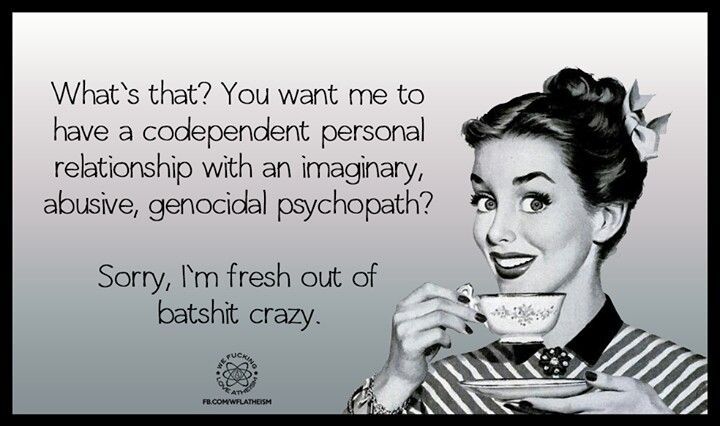 We neglect our own hobbies, goals, and friends and instead we focus on what matters to our partner. So, when the relationship ends (or we think about ending it) we feel especially lonely and without purpose, perhaps questioning how we can go on without our partner; it’s as if we’ve lost a part of ourselves.
We neglect our own hobbies, goals, and friends and instead we focus on what matters to our partner. So, when the relationship ends (or we think about ending it) we feel especially lonely and without purpose, perhaps questioning how we can go on without our partner; it’s as if we’ve lost a part of ourselves.
Caretaking
Codependents tend to base their self-esteem on taking care of and being of service to others. Caretaking gives us a sense of purpose and worthiness. So, we’re quick to respond when our ex wants us to help her move or needs a ride home from the bar at 2 AM. Being needed makes us feel worthwhile. When we stop caretaking, our self-esteem and self-worth take a significant hit.
Boundaries
Because of our weak boundaries, we feel responsible for other people’s feelings, wellbeing, and choices. We want to help them avoid negative consequences and feel terribly guilty if we say no or refuse to help or rescue. Guilt keeps us from setting appropriate boundaries with an ex so that we can truly separate emotionally and physically.
Need for validation
As codependents, we also have a strong need for external validation; we rely on others to tell us we have value. As a result, we may stay in unhealthy relationships in order to feel lovable, valuable, and worthwhile. We rely on others to quiet our deep-seated fears of being unlovable and unwanted, which makes it very hard for us to end relationships or be single because without external validation we often feel defective, inadequate, and unlovable.
Obsessing
Codependent relationships can have an obsessive quality. In fact, sometimes codependency is described as an addiction to another person because we get so wrapped up in what someone else is doing and feeling. We have a hard time separating ourselves emotionally, detaching and allowing others to make their own decisions. We may spend a lot of time worrying about others, trying to solve their problems, or just thinking about them.
Tips to help end a codependent relationship and move on with your life
- Remind yourself of the problems in your past relationship.
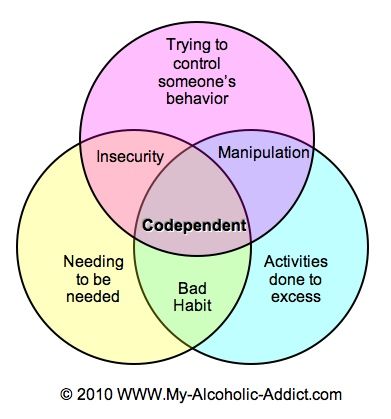 I don’t mean that you should dwell on the negative; I’m talking about maintaining a realistic memory of the relationship. Often, we only remember the good times and “forget” the bad times. So, we long for a fantasy relationship that never existed.
I don’t mean that you should dwell on the negative; I’m talking about maintaining a realistic memory of the relationship. Often, we only remember the good times and “forget” the bad times. So, we long for a fantasy relationship that never existed. - Set boundaries and stick to them. If you want to move forward, you need to set firm boundaries that will help you keep information about your ex out. Sometimes this means blocking your ex’s number, not following her on social media, and asking friends not to tell you what she’s been up to. These are tough boundaries to set and feel uncomfortable. However, staying in touch, directly or indirectly, makes it impossible to completely separate yourself emotionally.
- Build your sense of self. Spend time getting to know yourself and engaging in your own hobbies, pursuing your goals, and spending time with your friends.
- Try journaling. Writing is a helpful way to process your feelings, get to know yourself, and gain clarity about what you want and need.

- Don’t look for a new relationship or partner to make you happy or heal your childhood wounds. You’re likely to repeat the same patterns until you work through the root issues.
- Take good care of yourself. Sometimes, we’re so focused on other people that we fail to notice what we need. We need to take care of ourselves physically, emotionally, and spiritually in order to be healthy and happy. We also need to practice identifying our needs and feeling they have value, so we can create a balance of give-and-take in our relationships.
- Go to therapy or a support group. A therapist can help you process your feelings, grieve, learn to challenge your distorted thoughts, and create a plan to deal with obsessive thoughts. A support group, such as Codependents Anonymous, can also provide invaluable support from people who’ve walked a similar path.
“Letting go” or moving on after a relationship ends is often a painful and lengthy process, especially for those of us with codependent traits.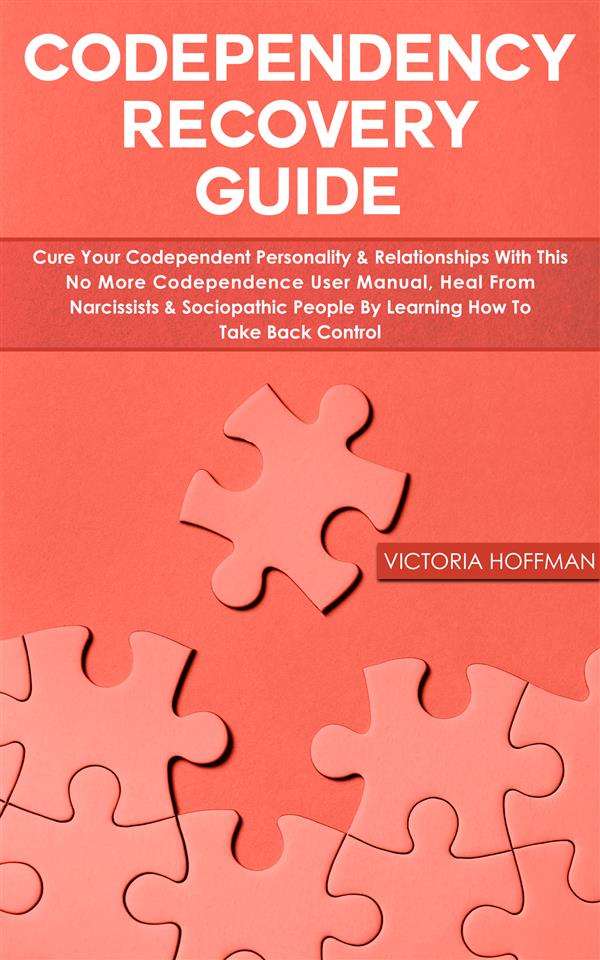 People-pleasing, caretaking as a source of self-esteem, difficulty setting boundaries, a need for external validation, and obsessing make it challenging for us to release our dependency on someone else. We can gradually gain confidence, self-esteem, and a stronger sense of who we are as individuals when we invest time and energy into getting to know ourselves, allowing our feelings to surface and be expressed in healthy ways, and identifying what we truly want and need.
People-pleasing, caretaking as a source of self-esteem, difficulty setting boundaries, a need for external validation, and obsessing make it challenging for us to release our dependency on someone else. We can gradually gain confidence, self-esteem, and a stronger sense of who we are as individuals when we invest time and energy into getting to know ourselves, allowing our feelings to surface and be expressed in healthy ways, and identifying what we truly want and need.
*You can substitute friend, family member, or another type of relationship for “ex” throughout this article.
©2018 Sharon Martin, LCSW. All rights reserved.
Sharon Martin, LCSW
Sharon Martin, a licensed counselor and psychotherapist in the San Jose area, specializes in helping adult children of alcoholics and others who struggle with anxiety, perfectionism, and self-criticism. She has a private psychotherapy practice in CA where she is available for online counseling. Sharon is also the author of The CBT Workbook for Perfectionism and write the blog Conquering Codependency for Psychology Today.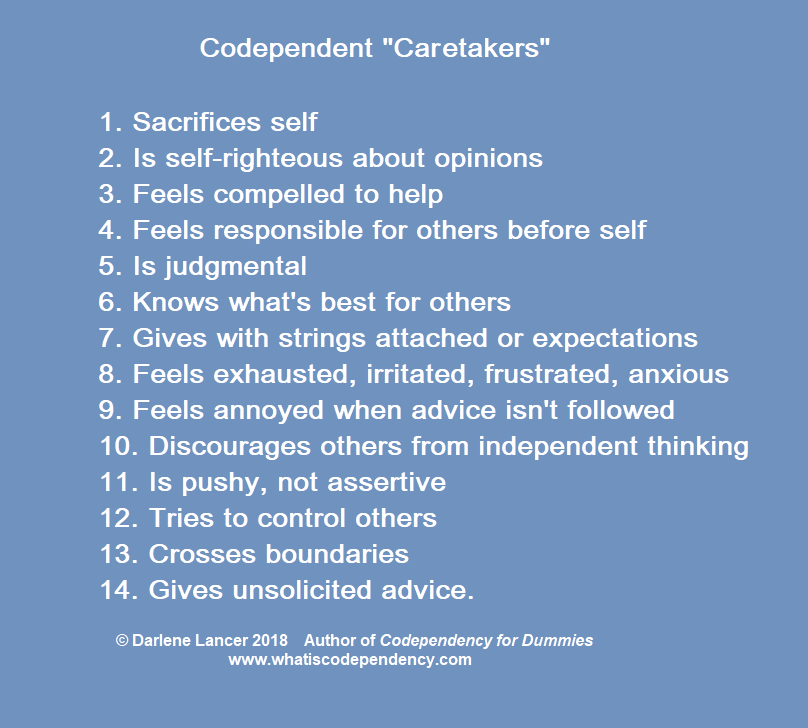
How to Get Out of a Co-dependent Relationship: 5 Steps
- When asked to picture a happy life, many don’t only envision themselves but a partner standing next to them, hands intertwined. Many of us hope to one day find that other half, that person that somehow makes sense of everything, the one that brings everything together.
- And if we’re lucky, we find them. And together, embark on a new adventure—one filled with love, growth, and beautiful memories.
- Or so we hope. It can start out that way, and it often does, but that doesn’t ensure the fate of the rest of the relationship.
- Instead of continuing to love and grow and make wonderful memories, couples can enter unchartered, dangerous territory. And one, or both partners, can find themselves trapped in a difficult predicament: Codependency.
You’re comfortable. Safe. Sheltered. Defined. What a life—what more could you ask for? But wait, not so fast: You’re so comfortable that you’re afraid. And because you feel safe, because you’re so sheltered, you deny opportunities to venture out. And yes, you’re defined—but in a way that you never desired… as his. It’s all you know—until you realize the downside of this life that you once thought was okay, in fact desirable, and you yearn to know who you could become. That’s when everything changes.
And because you feel safe, because you’re so sheltered, you deny opportunities to venture out. And yes, you’re defined—but in a way that you never desired… as his. It’s all you know—until you realize the downside of this life that you once thought was okay, in fact desirable, and you yearn to know who you could become. That’s when everything changes.
Co-dependent individuals rely heavily on their partners (or others) for fulfillment—they fear being rejected or abandoned, they have and understand no boundaries, and they often have a difficult time communicating their thoughts and feelings. And perhaps, most difficult of all, they live in denial of their codependency. But that isn’t to say that there’s no hope for co-dependents—in fact, there most certainly is. Co-dependent individuals can get out of their unhealthy relationships and adopt healthier behavior patterns; here’s how to do it:
1) Acknowledge your co-dependent tendencies.
The first step to getting out of a co-dependent relationship is recognizing it as such; you must acknowledge the problem.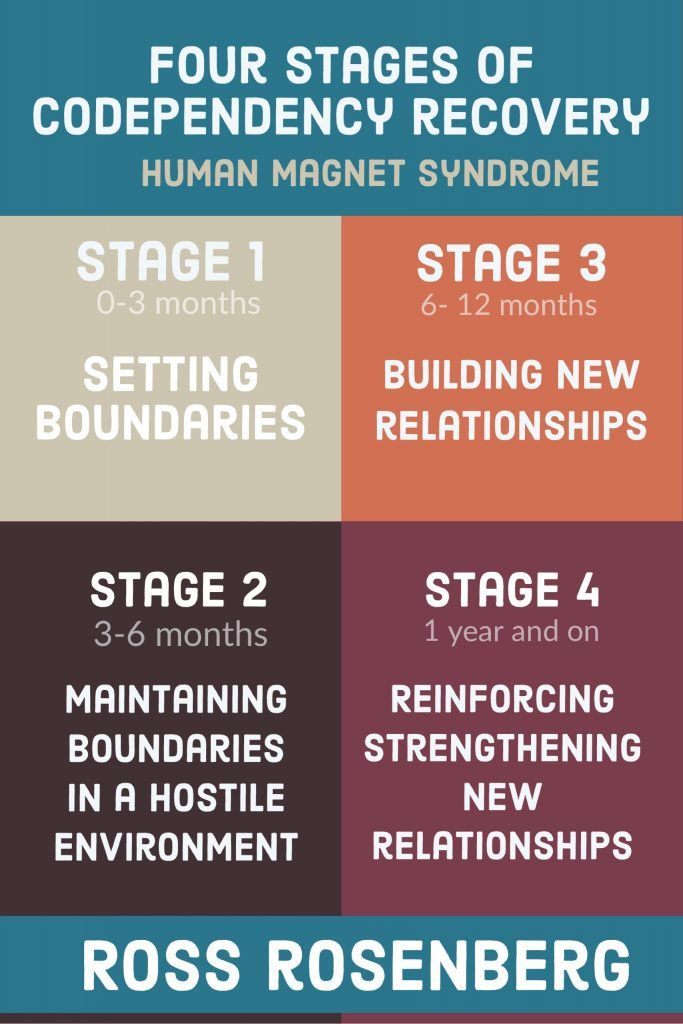 This can be difficult, especially if an individual has a history of codependency, but doing so is essential—even if it takes the assistance of loved ones, an outsider’s perspective, or a mental health professional’s intervention. Now, it’s also important you understand codependency as a problem: one that comes with harmful effects and consequences.
This can be difficult, especially if an individual has a history of codependency, but doing so is essential—even if it takes the assistance of loved ones, an outsider’s perspective, or a mental health professional’s intervention. Now, it’s also important you understand codependency as a problem: one that comes with harmful effects and consequences.
2) Have a calm, effective conversation with your partner.
Once you’ve recognized your codependency, and begun to understand its harmful effects, you can now discuss it with your partner. This conversation can take a few different routes, depending on the severity of the codependency, the overall dynamic of the relationship, and the intentions of your significant other. If your partner is controlling and/or you fear what might happen when you bring up the problem at hand, it might be best to have a friend or a counselor present. Whatever the case, the goal of the conversation is to explain your concerns regarding codependency and to end the co-dependent relationship.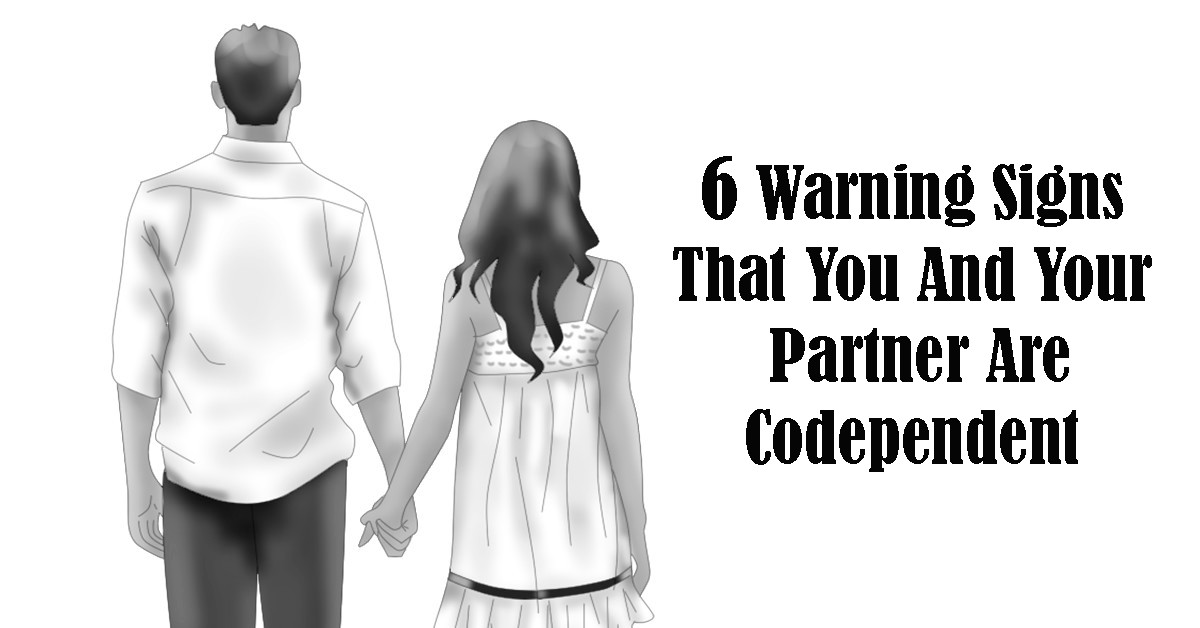
3) Focus on yourself—cater to your wants and your needs.
Co-dependents often feel the need to be in a relationship at all times—but it’s time to break this harmful habit. Now that you’ve ended your relationship and are single once more, you’re free to discover self-fulfillment. Get out into the world and find what makes you happy, what makes you feel good about yourself: this could be a hobby like painting or running that gives you meaning, or it could be a job that gives you purpose. Experiment, play, have fun. Find what makes you, you.
4) Continue to recognize and understand codependency.
You can’t end a co-dependent relationship and then wipe it completely from your mind—nor should you. Part of your new journey should involve contemplating and understanding codependency: how it affected you then, how it affects you now, why it’s harmful, why it’s important to move away from, etc. Continue to make connections as you rediscover yourself. This will help you to forego co-dependent tendencies in the future.
5) Recognize yourself as deserving and worthy.
You’ve realized and admitted to your codependency; you’ve ended the unhealthy relationship; you’ve started attending to your personal needs and desires; and you’ve vowed to continue exploring all that is codependency, as to prevent yourself from falling back into its vortex. Now? You recognize yourself as deserving and worthy. Co-dependents oftentimes make sacrifices to care for their partners, relying on them for fulfillment, and they dedicate all of their time to pleasing them. So now, you take this opportunity to pay yourself a little attention, to see all that you are: deserving, worthy, strong, and capable.
Getting Out of a Co-Dependent Relationship: 12 Essential Steps
If your self-worth depends on your partner's approval, and their emotions and actions are always more important than yours, your relationship may be co-dependent. “Codependency is “an unhealthy, inadequate, or dangerous need for another person; I would argue that these relationships are dominated by fear and need instead of love and abundance,” says Andrea Miller, author of Radical Acceptance: The Secret to Happy and Lasting Love.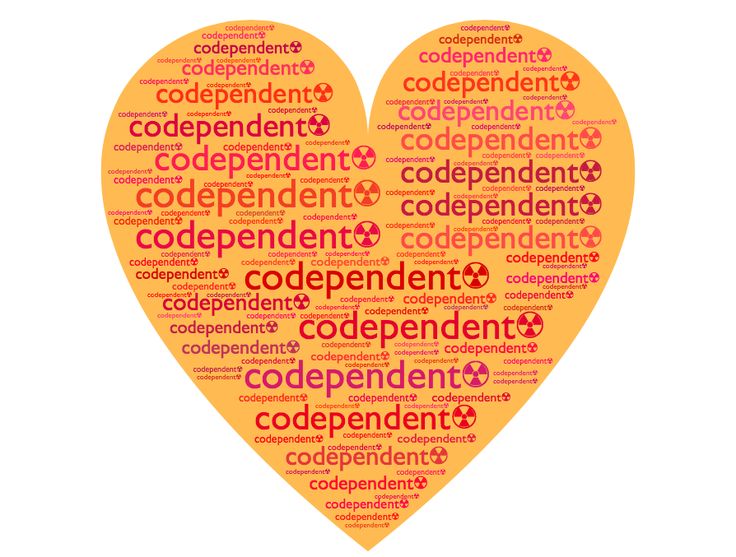
Co-dependent relationships are often built with people who have some form of addiction - alcohol, drugs, gambling. A 12-step program has been developed for addicts and their families. What are these steps and why are they so important?
1 step. Admit your powerlessness
As long as the codependent is responsible for the dependent person, tries to save him, he loses control over his own life. The addict (alcohol, drugs, games) admits to being powerless over the chemical or games to begin recovery. And a person suffering from emotional dependence on another (that is, co-dependent) needs to admit at the very beginning of his path his powerlessness in the face of an obsessive desire to control the life of another and influence his choices and decisions. Even if these choices and decisions destroy the life of a loved one.
2 step. Be Honest
Just as a person who abuses alcohol can pretend to himself that he drinks “culturally”, so a co-dependent person can pretend that his involvement in the life of another person is a genuine concern. In fact, the codependent gets hung up on the other from the inability to be alone, to cope with what he has inside. It is always easier to pretend that everything is fine with me, but the problems of my loved ones are much more serious.
In fact, the codependent gets hung up on the other from the inability to be alone, to cope with what he has inside. It is always easier to pretend that everything is fine with me, but the problems of my loved ones are much more serious.
3 step. Ask for help
Having admitted that he is unable to control the situation with the power of his own “I”, the codependent (in the same way as the dependent) thus recognizes the presence of another, decisive force that keeps him afloat and does not allow his personality to completely dissolve in the near (in addicts - in alcohol / drugs / games). The source of this power is determined individually - someone is healed by faith in God, someone visits groups for co-dependents, and some believe in the knowledge of psychotherapists who take part in their fate.
4 step. Get away from mythological thinking
Codependents often ignore problems and pretend they don't exist. Facing reality is scary and they pretend like the circumstances aren't as bad as they are. Likewise, substance addicts deny for a very long time that their substance cravings have become a real problem, without considering it necessary to seek help. It is necessary to focus on finding support and resources that will help you accept reality, maintain your integrity and withstand the harsh reality of the world.
Likewise, substance addicts deny for a very long time that their substance cravings have become a real problem, without considering it necessary to seek help. It is necessary to focus on finding support and resources that will help you accept reality, maintain your integrity and withstand the harsh reality of the world.
5 step. Learning to identify and live with your feelings
The inability to deal with difficult feelings (such as anger, hatred, anger, guilt, shame, etc.) often becomes the impetus for escaping reality into drinking and drugs or games. Then dependence is a consequence of the inability to recognize, live and express their emotions. A person who is dependent on another person does not live his life at all and does not know his feelings. He also does not know how to deal with them, cannot cope with them, and therefore it is easier for him to switch to another, to escape into the reality of his life.
6 step. Set boundaries
Normal boundaries are semipermeable. People share with each other the contents of their inner world, this is a mutual and comfortable process for everyone. But in codependents, boundaries are violated. They may blame others for their thoughts, feelings, and actions, or they may take the blame for the thoughts, feelings, and actions of another person. A recovering person after using chemicals learns to say “no” to alcohol or drugs, to recognize the manipulation of former drinking buddies, to maintain self-respect regardless of the opinions of others. And a dependent on another person learns to say “no” to what does not suit him, does not correspond to his values and interests.
People share with each other the contents of their inner world, this is a mutual and comfortable process for everyone. But in codependents, boundaries are violated. They may blame others for their thoughts, feelings, and actions, or they may take the blame for the thoughts, feelings, and actions of another person. A recovering person after using chemicals learns to say “no” to alcohol or drugs, to recognize the manipulation of former drinking buddies, to maintain self-respect regardless of the opinions of others. And a dependent on another person learns to say “no” to what does not suit him, does not correspond to his values and interests.
Painful love: how to get out of co-dependent relationships
As children, we loved fairy tales about beautiful princesses and did not think that these stories are excellent illustrations of psychological disorders. For example, Cinderella, who devoted her whole life to serving the evil sisters, and then her suffering was rewarded - she met a handsome prince. Or Belle, forced to live in a palace with a monster for the safety of her father and pity for the bewitched prince. One way or another, all these stories are a demonstration of unhealthy relationships in which there is no place for trust and mutual respect, and it is they who still live in the minds of many, already adults, people. Together with psychologist and Gestalt therapist Maria Brazgovskaya, we figure out how to recognize love addiction and what to do about it.
Or Belle, forced to live in a palace with a monster for the safety of her father and pity for the bewitched prince. One way or another, all these stories are a demonstration of unhealthy relationships in which there is no place for trust and mutual respect, and it is they who still live in the minds of many, already adults, people. Together with psychologist and Gestalt therapist Maria Brazgovskaya, we figure out how to recognize love addiction and what to do about it.
Everything that is so romantic in fairy tales often turns into the plot of co-dependent relationships in real life. In such a relationship, one partner is unnecessarily fixed on the second - he cannot live without constant contact with him or, on the contrary, believes that his couple is not able to live without his guardianship and attention.
Unloved children or children who grew up in hypercontrol often compensate for the lack of love by desperately looking for a partner, and then by their painful attachment to him.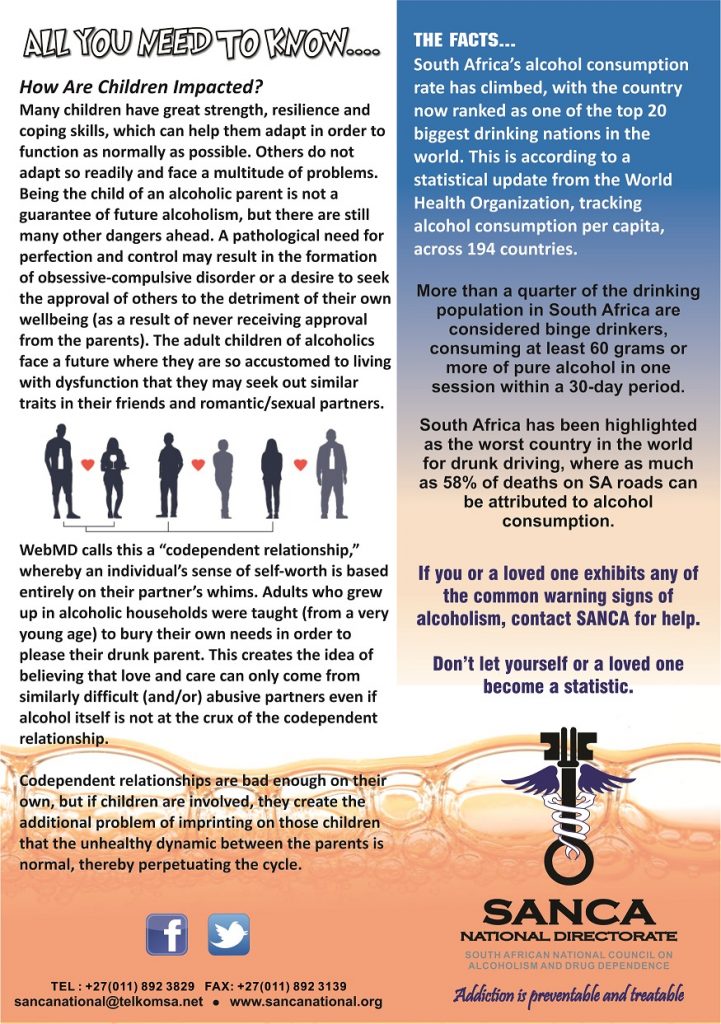 Victims of parental aggression find it normal to be abused by a partner. Typical childhood traumas are insecurity, difficulty setting boundaries, anxiety, difficulty understanding one's desires, and weak will. Childhood ends, but the pain remains.
Victims of parental aggression find it normal to be abused by a partner. Typical childhood traumas are insecurity, difficulty setting boundaries, anxiety, difficulty understanding one's desires, and weak will. Childhood ends, but the pain remains.
It works like this. Normal relationships move from proximity to distance and back again. With this movement, there is no feeling of "I was abandoned" or "I'm about to be left." You woke up in the morning, talked and went to work. You are in contact with each other, but do not grab your head if the other is busy. In the evening he has a training session, and so do you. We met at home before going to bed. That is, you feel good together, but you can do without each other. Your partner is not a constant focus of your attention.
In co-dependent relationships, people do not let each other go far, they are constantly overcome by a feeling of anxiety and fear. Love for them is always painted with pain. This is a special way of thinking, at the root of which lies fear - the fear of being alone, the fear of being abandoned, unchosen, the fear of living one's own life, in the end.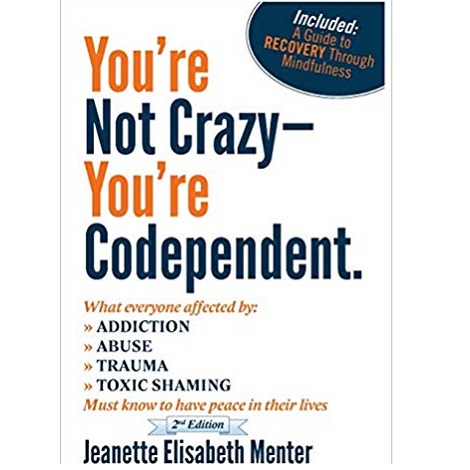
In addition, this type of thinking is characterized by a fabric of illusions, a need for drama and deafness to one's own feelings.
There are typical motion vectors of such love-suffering:
- To be a victim
- Being a savior
In both cases, the woman believes that by the power of her love and her actions she will change the other. She believes in her strange omnipotence, and she knows no limit to her love (patience).
The trick is that in a codependent relationship, the partners match in their behavior patterns, like pieces of a puzzle. One suffers, the other repels, one saves, the second drinks, one child, the second a nanny, one mistress, the second husband who never leaves his wife.
If a woman chooses the pattern of a victim of her own love, then partnership promises her a better life. Even a dull and hopeless relationship seems to her a better lot than to be left alone.
Often in such relationships there is an idealization of the partner - only in his eyes does she feel unique, important and worthy of attention.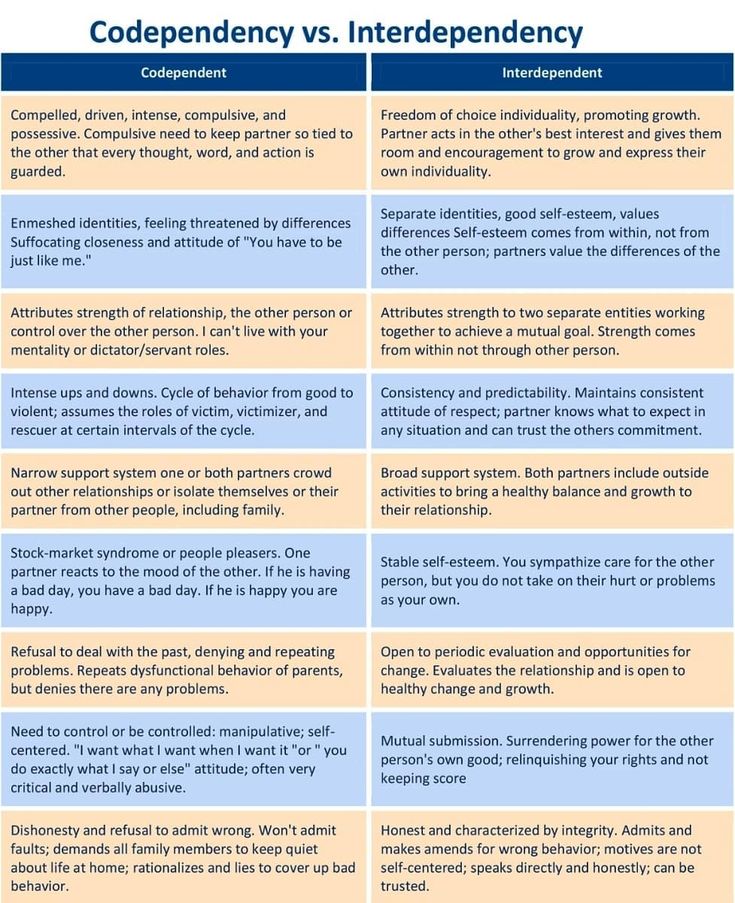 Or there is a devaluation of her own capabilities - a woman believes that she will not be able to reach career heights alone, she will not be able to find new relationships, and in any case she will fail.
Or there is a devaluation of her own capabilities - a woman believes that she will not be able to reach career heights alone, she will not be able to find new relationships, and in any case she will fail.
If a woman chooses the role of a savior, she unconsciously seeks confirmation of her own superiority. Perhaps she pays tribute to childhood trauma: she didn’t save her alcoholic dad, I’ll save her husband. However, this won't work. Firstly, because often the partner does not really want to be saved at all. Secondly, a woman herself does not believe that a strong man who is not sick with anything, does not disappear anywhere, is not bogged down in debts and loans, and does not lose money, can be needed.
Both do not know what true intimacy and affection are. They confuse sex with love, scenes of jealousy with the fear of losing a loved one, physical violence with a harmless manifestation of discontent. They cling to rare moments of contact, wanting to relive them over and over again, and ignore reality.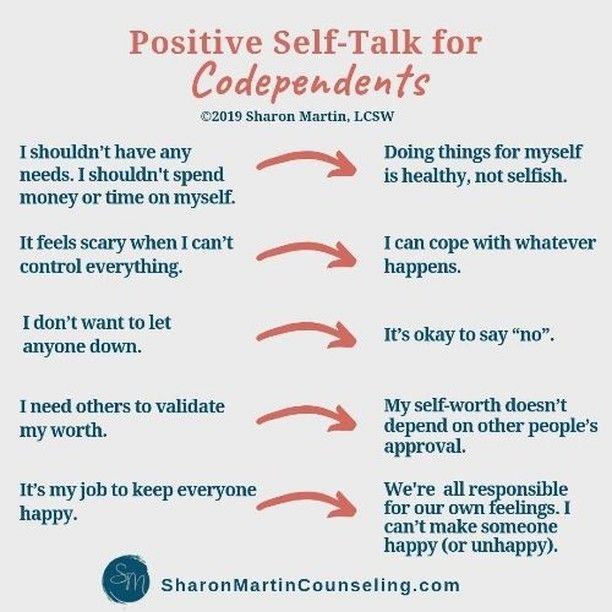
A woman dependent on a man will break his boundaries with her intrusive attention. Will yearn to be one with him. She can play on feelings of guilt, she can be mistaken herself, but over and over again choose the role of a helpless victim. She may not love her partner at all, but simply play the feeling out of fear of being left alone.
Manipulations can also be very aggressive: threats of suicide, demands to always report on leisure, spending, communication, manipulation of guilt. Behind such “manifestations of love” there is always a need for power. As well as behind the selfless desire to be the best in everything for a partner.
It is worth remembering that all this is not a need to love, but an attempt to fill a void in the soul. Co-dependent relationships help avoid a collision with reality - the need to heal childhood trauma on your own, to take responsibility for your life.
The co-dependent person sabotages any attempt at secession with all his might.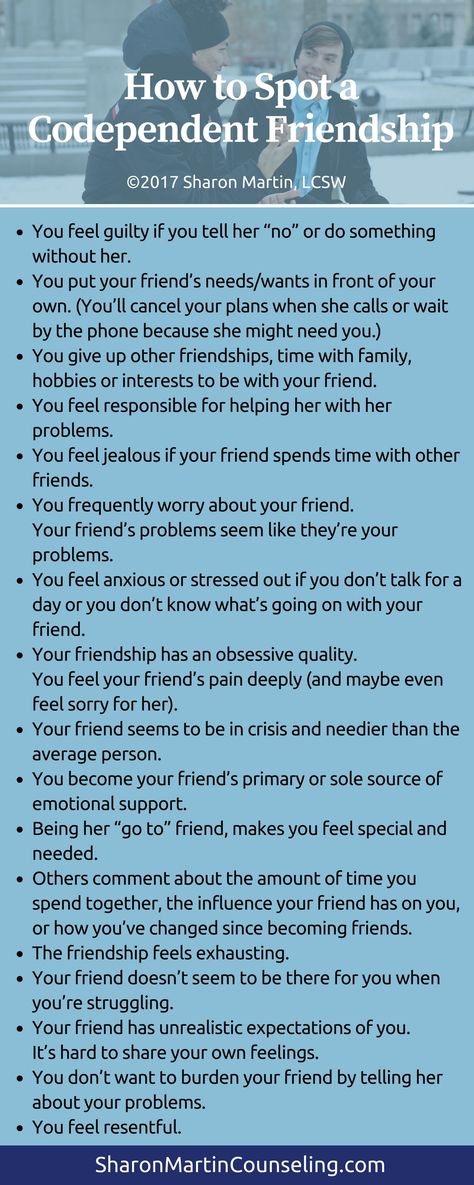 This is why, deep down, wives of alcoholics often fear their recovery. Those who suffer in a love triangle agree on everything. Those who experience cold and neglect are ready to endure this too. Anything, just not the threat of parting.
This is why, deep down, wives of alcoholics often fear their recovery. Those who suffer in a love triangle agree on everything. Those who experience cold and neglect are ready to endure this too. Anything, just not the threat of parting.
If you find yourself in a codependent relationship, the first thing to do is give yourself time. It’s rare when you get to say “everything” to yourself and immediately get out of a co-dependent relationship, because you were brought into them by very deep downed internal settings. Change will take time and support, not self-blame. It's perfectly fine to plan ahead unless your safety is threatened (in which case it's worth packing up immediately). But your healing must be made the most important task - you must put yourself in the priority of your care and attention ( see also: How to stop patronizing others and start thinking about yourself?).
There are several important steps to a future without love addiction:
- It is important to learn to take responsibility and come to the understanding that no one owes anything to anyone, including parents and current partners.

